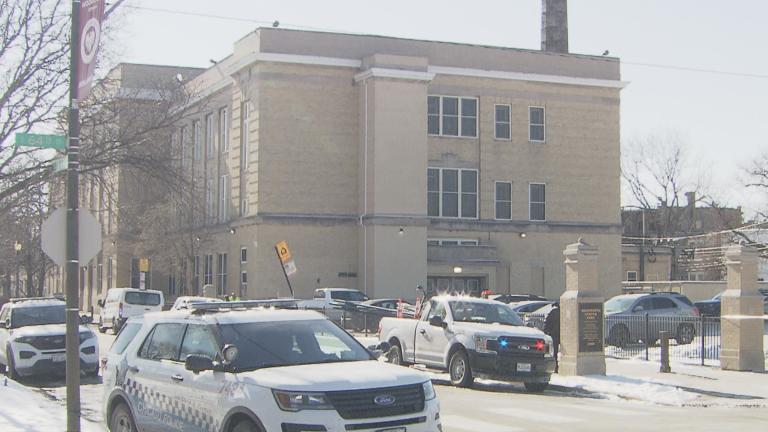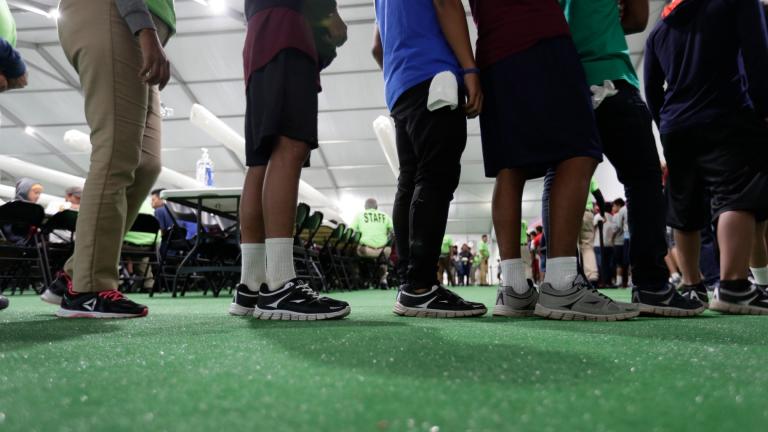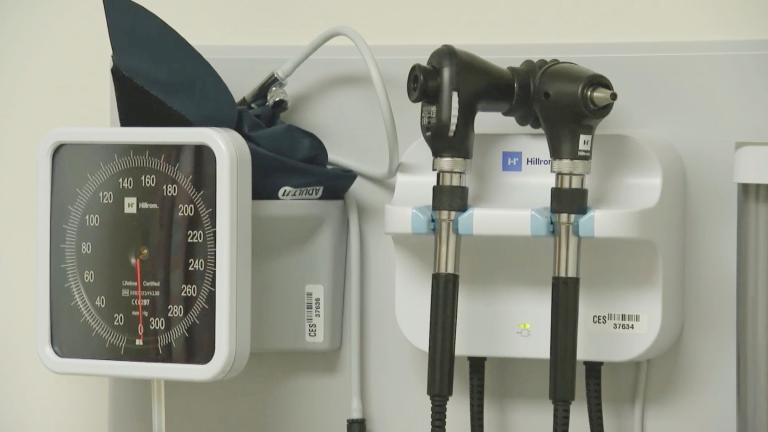Chicago officials and community groups are scrambling as more asylum-seekers are arriving in Chicago.
But they say the city is already out of money, space and staffing.
City officials say they are having a hard time finding places for migrants to stay, with dozens now sleeping at police facilities.
The 10th District is one of multiple police stations where families have been staying while they wait to be moved to a temporary shelter in the city. But officials say there’s not enough beds.
Baltazar Enriquez, president of the Little Village Community Council, has been organizing efforts since August, helping migrants with housing and connecting people with jobs.
He says adults and children have been sleeping at the 10th District for at least two months.
In Rogers Park, Ald. Maria Hadden (49th Ward) reopened a field house to assist with the surge of asylum-seekers arriving to Chicago.
More than 8,000 migrants have been sent to Chicago, with some now arriving on planes and more are expected here.
Chicago is a sanctuary city, and Title 42 expires May 11. That means the government will revert to previous immigration law, allowing border officials to deport asylum-seekers faster.
For months, hundreds of asylum-seekers have been placed at Salvation Army shelters, hotels, churches and a closed Woodlawn school.
Now, city officials are saying they don’t have the funds to continue to support migrants.
The city has so far received $5.5 million from the Federal Emergency Management Agency to care for migrants who arrived in 2022 but have yet to receive anything this year.
It takes millions to provide staff and to repair potential temporary shelters, officials say.
In a news conference Monday, Gov. J.B. Pritzker said he has done what he could to help Chicago, and asked President Joe Biden for more money from the federal government, which he says hasn’t provided nearly enough.
As for what’s next? Hadden suggested in a City Council committee hearing a better system to unite all agencies and grassroots organizations by having weekly check-ins with all the wards at once.
One of the major challenges will be finding bigger spaces where families can stay together.








